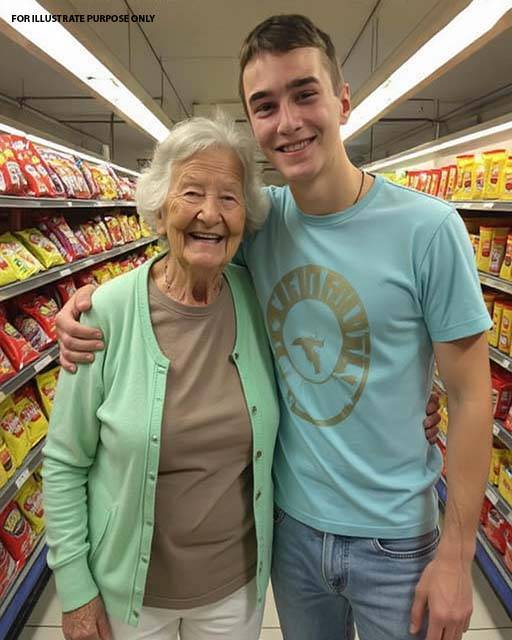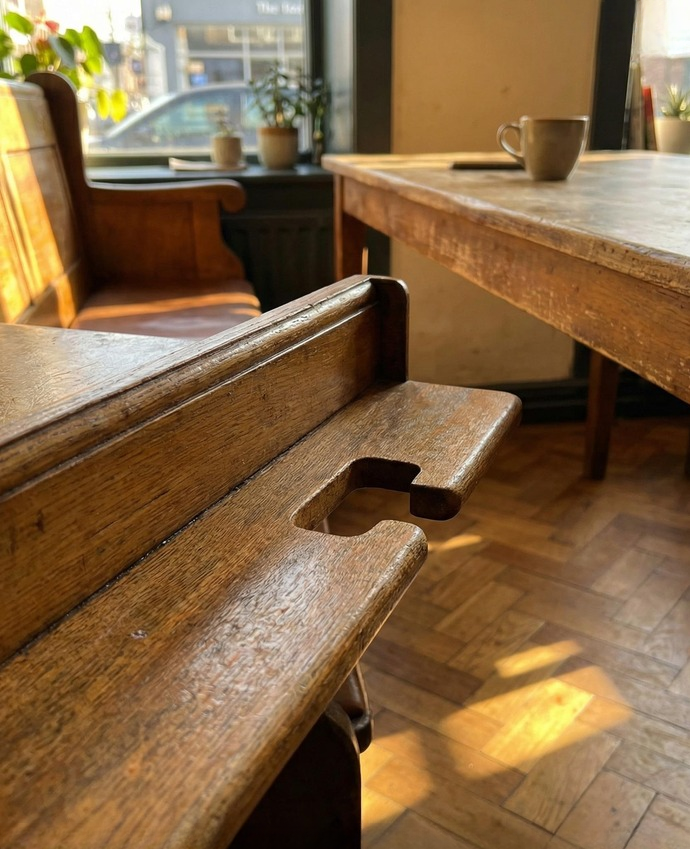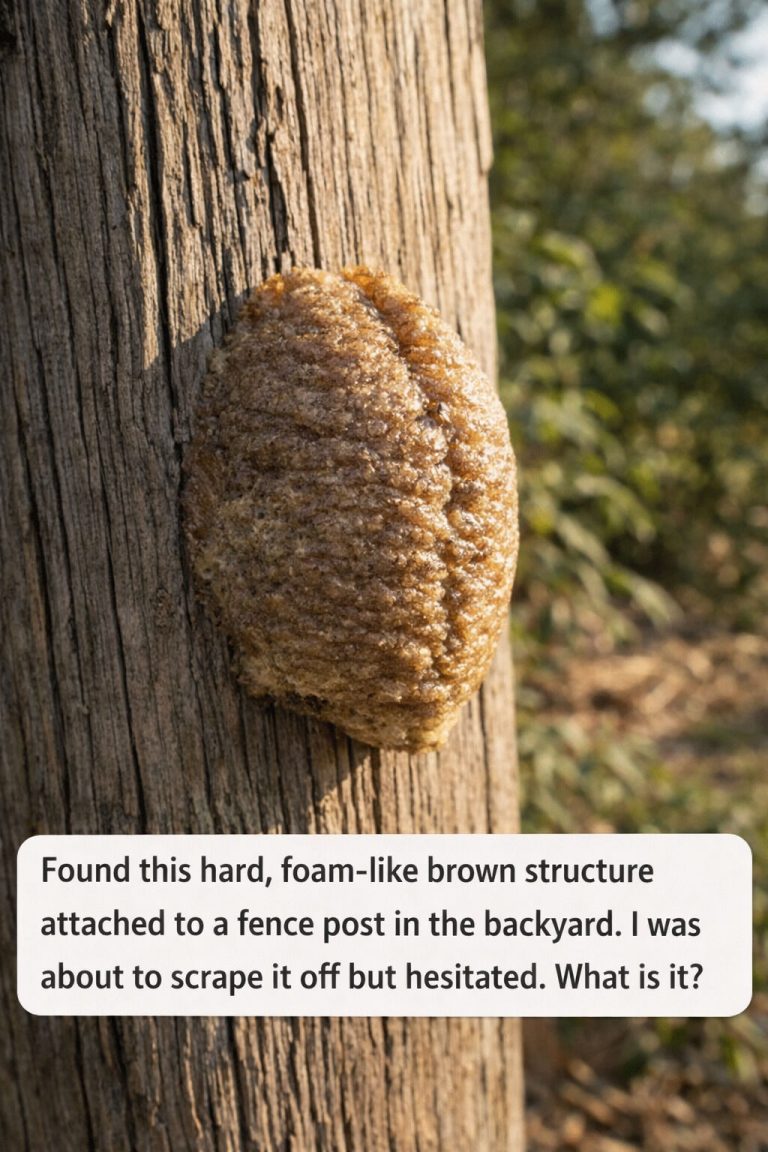
I stood in line at the grocery store, already juggling too much—bags of soup ingredients in one arm, my phone wedged between my shoulder and ear as I tried to reassure my sick daughter that I’d be home soon.
But when I reached the register and opened my purse, my heart dropped.
No wallet.
“Oh no,” I muttered, rifling through the compartments again, though I already knew. “I must’ve left it in James’s car.”
The cashier gave a sympathetic smile and began slowly sliding my items off the counter, one by one, like he was trying to make the rejection less humiliating.
“I’m really sorry,” I murmured, clutching my empty purse, cheeks burning. “I’ll have to come back later.”
That’s when I heard a soft voice behind me.
“Wait, ma’am,” the boy said. “You don’t have that much stuff. I’ll cover it.”
I turned, startled. He was maybe twelve—skinny, pale, with thick glasses and hand-me-down clothes two sizes too big. He didn’t look like someone who had money to spare.
“Oh, sweetheart, no. That’s very generous of you, but I couldn’t possibly—”
“You’re not asking,” he said, calmly but firmly. “I’m offering. My grandma says when you can do something kind, you should. Karma comes back around.”
I stared at him, stunned into silence.
Then slowly, I nodded. “You have a very wise grandmother.”
He paid for my groceries—just a few items, chicken and vegetables mostly. Enough to make soup for my daughter, Sarah, who’d come down with the flu. As we walked out together, I turned to him and asked, “What’s your name?”
“Eli,” he replied, shifting his paper bag from one arm to the other.
“I’m Linda,” I said. “Thank you again. You saved me tonight.”
“I’m glad I could help.”
“Please let me repay you. I left my wallet in my friend’s car, but he’s bringing it back tomorrow. Can I call you?”
He hesitated, then scribbled a number on the back of my receipt. “Here. But really, it’s not a big deal.”
“It is to me,” I said softly. “Kindness matters.”
That night, over a warm bowl of soup, I told Sarah about Eli. She listened with tired eyes and a blanket up to her chin.
“That’s amazing,” she said. “Kids like that are rare these days.”
I nodded, but something tugged at me. Eli’s clothes, the way he spoke about his grandmother—it didn’t seem like they had much. And yet, he gave without hesitation.
The next day, after James dropped off my wallet, I called Eli and asked if I could return the money in person. He gave me his address without pause.
Sarah insisted on coming with me. “I want to meet this kid,” she said. “He sounds special.”
We drove across town and pulled up to a small, aging home nestled between two larger properties. The lawn was neatly trimmed, flowers blooming along the walkway. Someone clearly loved this house—even if it wasn’t much.
We rang the bell.
The woman who answered the door looked older than I expected. Her hands were calloused, her back slightly bent, but her eyes were kind.
“You must be Linda,” she said with a smile. “Eli told me about you.”
Inside, the house was modest but cozy. Bookshelves lined the walls, and the smell of fresh bread filled the air. Eli sat at the kitchen table doing homework, glancing up with a shy smile.
I handed him an envelope with the money he’d spent and a thank-you card.
His grandmother, Miriam, glanced at it and said gently, “You didn’t have to do that. But thank you.”
There was a silence.
Then, Sarah asked, “Do you mind if I ask… how are you doing? Really?”
Miriam hesitated. “We’re getting by,” she said. “Eli’s been a blessing. I’ve had some… health issues. We’re behind on a few things, but we’ll manage. We always do.”
She said it with grace—but behind her words, I heard it. Struggle.
Later that night, back at home, Sarah turned to me with a determined look in her eyes.
“Mom… I want to do something for them.”
I blinked. “Like what?”
“I have some clients who might be interested in something like this. A story with heart. Maybe we can get some attention on them. Raise a little money. Just enough to help.”
I didn’t know how far it would go.
But three weeks later, the fundraiser Sarah organized passed $230,000.
And that was just the beginning.
The donations kept pouring in—letters, care packages, and notes from strangers all across the country who said Eli’s story touched them. People called him a “little hero,” and soon, the local news picked it up.
One evening, Miriam called me in tears.
“Linda… I don’t know how to thank you,” she whispered. “We’ve paid off the medical bills. The house is safe. Eli can finally get the new glasses he needs, and—” her voice broke, “I don’t feel like such a burden anymore.”
But what moved me most wasn’t the money.
It was what Eli said when reporters asked why he helped me that night.
He pushed up his glasses, gave a shy smile, and said, “My grandma always tells me… kindness is the one thing that never runs out. The more you give it away, the more it grows.”
Sarah squeezed my hand as we watched him on TV.
In that moment, I realized something: Eli didn’t just save me in the grocery store that night. He reminded all of us what truly matters—kindness, compassion, and the courage to give even when you don’t have much to spare.
And because of that small act of generosity, his life—and Miriam’s—was changed forever.
After the fundraiser, life seemed brighter for Eli and Miriam. Their small home, once quiet and worn, now buzzed with laughter and the warmth of strangers who had become friends.
But then, one evening, Sarah burst into the living room holding her laptop, her face pale.
“Mom,” she whispered. “You need to see this.”
On the screen was a news article. “Local Boy’s Story of Kindness Goes Viral — But Where Is His Family?”
I frowned. “What do they mean, where is his family? He has Miriam.”
Sarah shook her head. “That’s just it. Miriam isn’t his grandmother.”
My breath caught.
According to records, Miriam had taken Eli in when he was just three years old. His parents—both struggling with addiction—had disappeared, leaving him behind. There were no legal papers, no official guardianship. She had simply stepped up and raised him, against all odds.
When I visited the next day, I asked gently, “Miriam… why didn’t you ever tell anyone?”
Her eyes filled with tears. “Because I was afraid they’d take him from me. I’m not his blood, Linda. But he’s my boy. My heart. My whole world. I couldn’t risk losing him.”
Before I could respond, Eli walked into the kitchen, clutching his backpack.
“You’re not losing me, Grandma,” he said firmly. “You saved me. That makes you my real family.”
The room went silent. I felt tears prick my eyes.
Sarah and I looked at each other, and in that moment, we knew what needed to happen next.
The fundraiser had given them money. But what Eli and Miriam really needed was security. A future where no one could rip them apart.
So we used part of the funds to hire a lawyer.
And weeks later, in a quiet courtroom filled with sunlight, Miriam—hands trembling, tears streaming—was granted full, legal guardianship of Eli.
When the judge read the decision, Eli leaned over, hugged her tightly, and whispered,
“See, Grandma? I told you. Karma always comes back around.”



